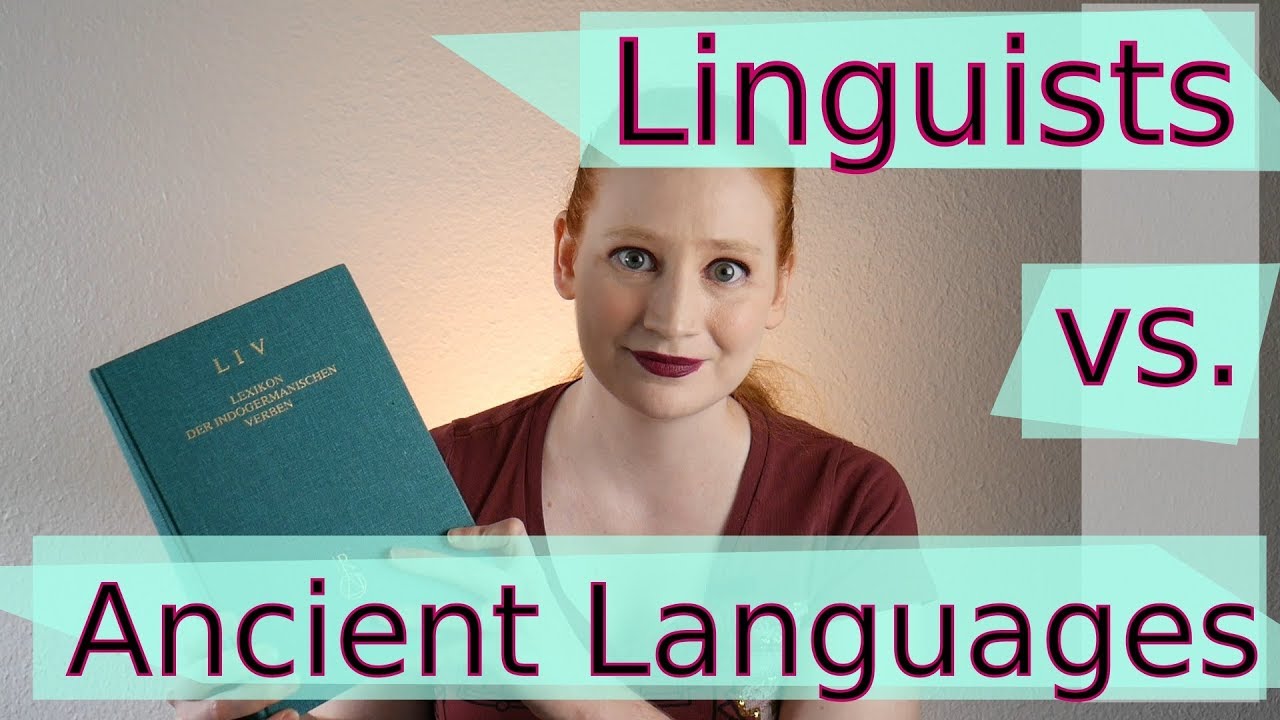Dr. Word Person
Historical linguists can reconstruct entire dead languages that have left no written records at all. Are they wizards? No! They just use the comparative method. Watch this video to find out more!
Support me on Patreon! https://www.patreon.com/drwordperson
Follow me on Twitter! https://twitter.com/drwordperson
Further Reading, Etc.:
If you want to learn more about Proto-Indo-European or historical linguistics in general, this is, IMHO, the best introduction for people who have no prior linguistic background. (Not an affilaite link.)
https://www.amazon.com/Indo-European-Language-Culture-Benjamin-Fortson/dp/1405188960
Here are three of the major textbooks on historical linguistics, but you’re probably going to have a rough time if you haven’t already learned phonology and syntax. (Not affilaite links.)
https://www.amazon.com/Historical-Linguistics-Lyle-Campbell/dp/0748646019
https://www.amazon.com/Introduction-Historical-Linguistics-Terry-Crowley/dp/0195365542
https://www.amazon.com/Historical-Linguistics-Twenty-First-Reintegration-Cambridge/dp/0521587115 .
